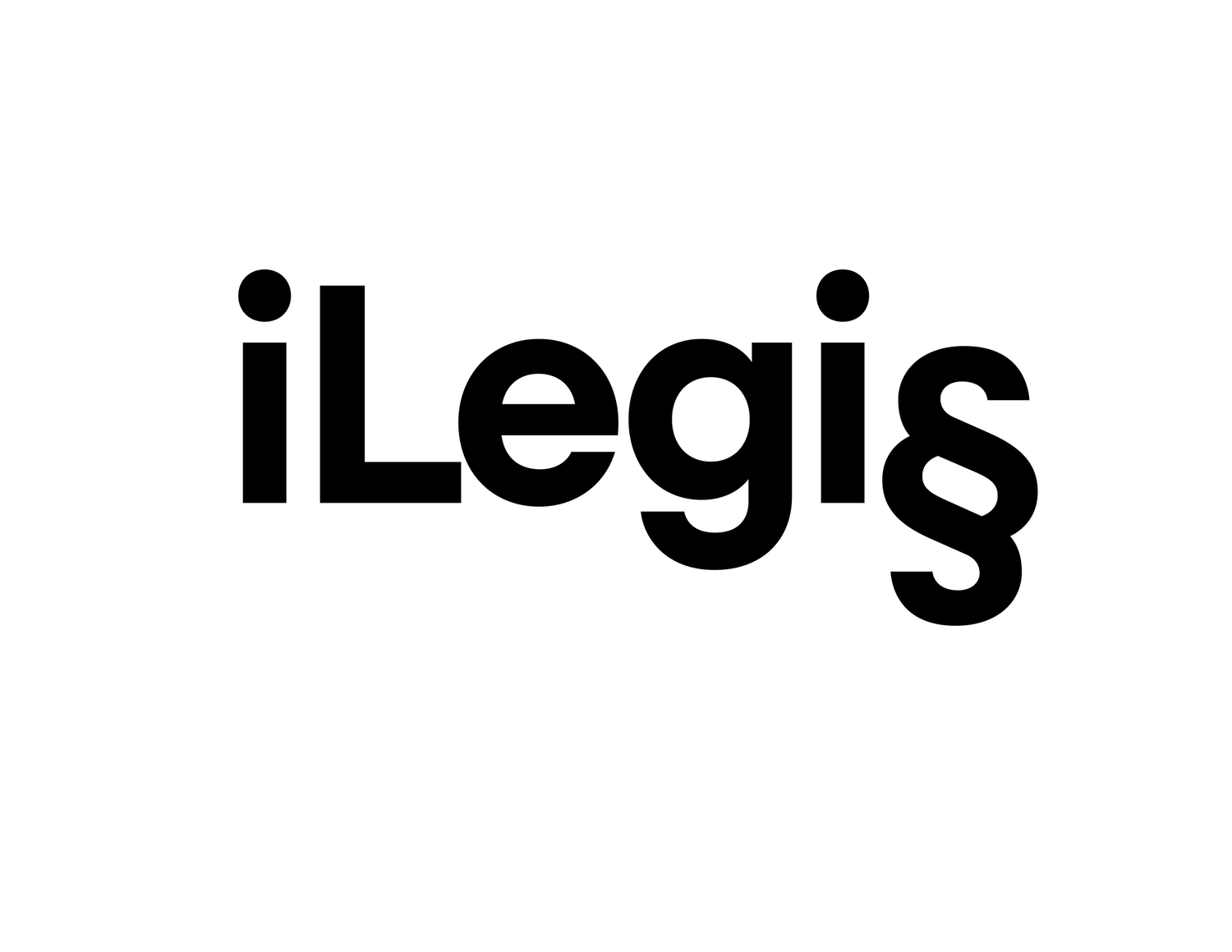Law Library of Congress Educational Resources and Services
By Barbara Bavis
In recent years, the Law Library of Congress has been making great strides to develop and expand its educational offerings. Through online classes, research guides, publications, and videos, Law Library staff have been able to provide legal and legislative research instruction to thousands of patrons, both across the United States and around the world.
Madison Building, Library of Congress. Photo from the Library of Congress.
One of the first methods by which members of the public come in contact with the Law Library is through theLegal Research Institute, the one-stop location for all of the institution’s class offerings. Researchers can use the Legal Research Institute website to find and sign up for instructional programs, as well as view recordings of previously-offered classes. The Law Library provides at least three presentations a month, centered around several rotating class series. The most popular of these is the Orientation to Legal Research Series, which focuses on providing one-hour overviews of the laws and legislative materials produced by the three branches of the United States federal government and how to effectively find and utilize these sources, including: Orientation to U.S. Federal Statutes; Orientation to Federal Legislative History; Orientation to U.S. Case Law; and Tracing Federal Regulations. For those who are particularly interested in legislative research, the Law Library also offers a bimonthly overview on how to use Congress.gov, the official legislative information system for the U.S. Congress. While the website is a joint project between the Library of Congress, the U.S. Senate, the U.S. House of Representatives, the Government Publishing Office, the Congressional Budget Office, and the Congressional Research Service (CRS), among others, the Law Library is the sole provider of reference assistance regarding Congress.gov to the public. Librarians walk attendees through the wealth of content available on the website (including bill text and actions, committee items, CRS Reports, and the Constitution Annotated Online), and provide guidance regarding how to optimize searches.
In addition to these webinars focusing on using print and online resources to conduct legal and legislative research, the Law Library also offers classes on products it provides and projects it facilitates. The Foreign and Comparative Law Webinar Series, offered monthly, allows the Law Library’s foreign legal experts the opportunity to expand on some of the foreign, comparative, and international law issues that they have been recently asked to research. As many of the research requests for expert reports, memoranda, testimony, and articles originate from congressional offices and federal courts, and executive branch agencies, these presentations are a unique opportunity for the public to learn more about issues of concern to the government. Further, the Orientation to Law Library Collections Series highlights collections and services the Law Library provides to the public, with an emphasis on what can be freely accessed online. Since 2022, the Law Library has invited staff of state law libraries from around the United States to present on their unique collections and products as a part of the State Law Libraries Outreach Project, not only to strengthen ties between state law libraries and the Law Library, but also to provide more opportunities for these libraries to connect with the public.
For each webinar, the Law Library sends a copy of any slides used and a link to view and/or download the class recording to all attendees, so that patrons can refresh their understanding of the material on their own schedule. A large collection of recordings of past webinars, events (such as Law Day, Human Rights Day, etc.), and instructional videos can also be found on the Legal Research Institute’s “Past Presentations” page.
Inside the Reading Room of the Library of Congress. Photo from the Library of Congress.
The Law Library also provides legal and legislative research education through its over 310 research guides. A subset of this collection are the “subject” or “topical” guides, which are curated and organized sets of resources on a given topic, including free and subscription online sites, print materials, Library of Congress products, and more. Subjects for these guides are often pulled from trends the Law Library finds in patron questions and in class requests, and have touched on topics like how to find free case law online, public international law, compiling a federal legislative history, environmental law, executive orders, and a multitude of state law issues, like landlord-tenant law and family law. The other main set of guides is our “Guide to Law Online” collection of jurisdictional guides. Divided into “U.S. States and Territories” and “Nations of the World,” each Guide to Law Online guide provides links to resources regarding the jurisdiction’s constitutional law, its executive, judicial, and legislative branches, guides written by legal scholars, information about its political and economic status, and gazettes or print legal sources. These research guides are regularly cited in journal articles, and included in governmental and academic websites, as helpful and authoritative sources.
Other Law Library published materials, such as reports, articles, and blog posts, also aid in educational outreach. As mentioned above, the legal reports regarding foreign, comparative, and international law, created by the Law Library’s foreign law experts for U.S. and foreign governmental bodies, are made available to the public on the Law Library’s website by requestor permission. These reports are thoroughly cited, and go in depth on topics typically in the public eye, such as regulation of artificial intelligence, legal treatment of embryos created through IVF, regulation of robocalls and robotexts, and petitioning for humanitarian protection from outside the country. Another Law Library publication, the Global Legal Monitor, provides succinct explanatory articles regarding recent legal developments, both in the U.S. and around the world. These articles not only summarize the legal issue, but also provide links to online sources that readers can use to find more information. Similarly, the Law Library’s blog, In Custodia Legis, also provides descriptive articles on legal topics, such as legal history and arcana, current legal trends, and updates to the Law Library website (Law.gov) and Congress.gov, with extensive links to freely-available online sources readers can access to deepen their understanding.
As it nears its 200-year anniversary, the Law Library continues to adapt its educational outreach programs to be responsive to changing user needs. For example, to fill the gap of regular patron questions or requests that might not rise to the level of needing a full research guide, but are regular enough that there should be an easily accessible response available, the Law Library provides a regularly updated and searchable “Frequently Asked Questions” page on its Ask a Librarian online reference form website. The Law Library has also created a pilot program of “Bite-Sized Legal Research Tutorials,” videos that are each under 10 minutes in length. These tutorials provide overviews of different collections or databases within the Law Library and explain how to access the materials contained in them. With these programs, the Law Library strives to be a leading source of legal and legislative research and education as it moves into its third century.


